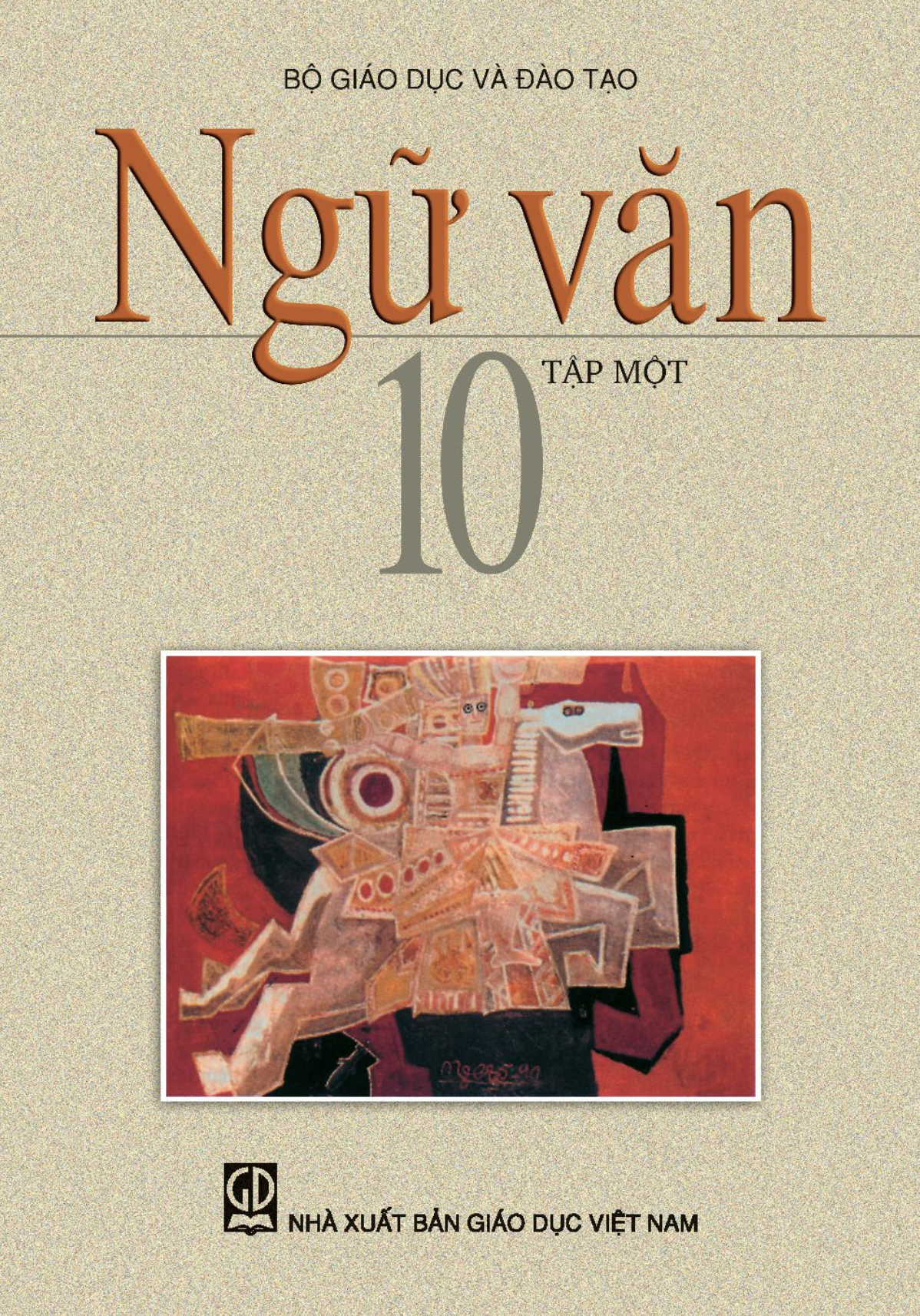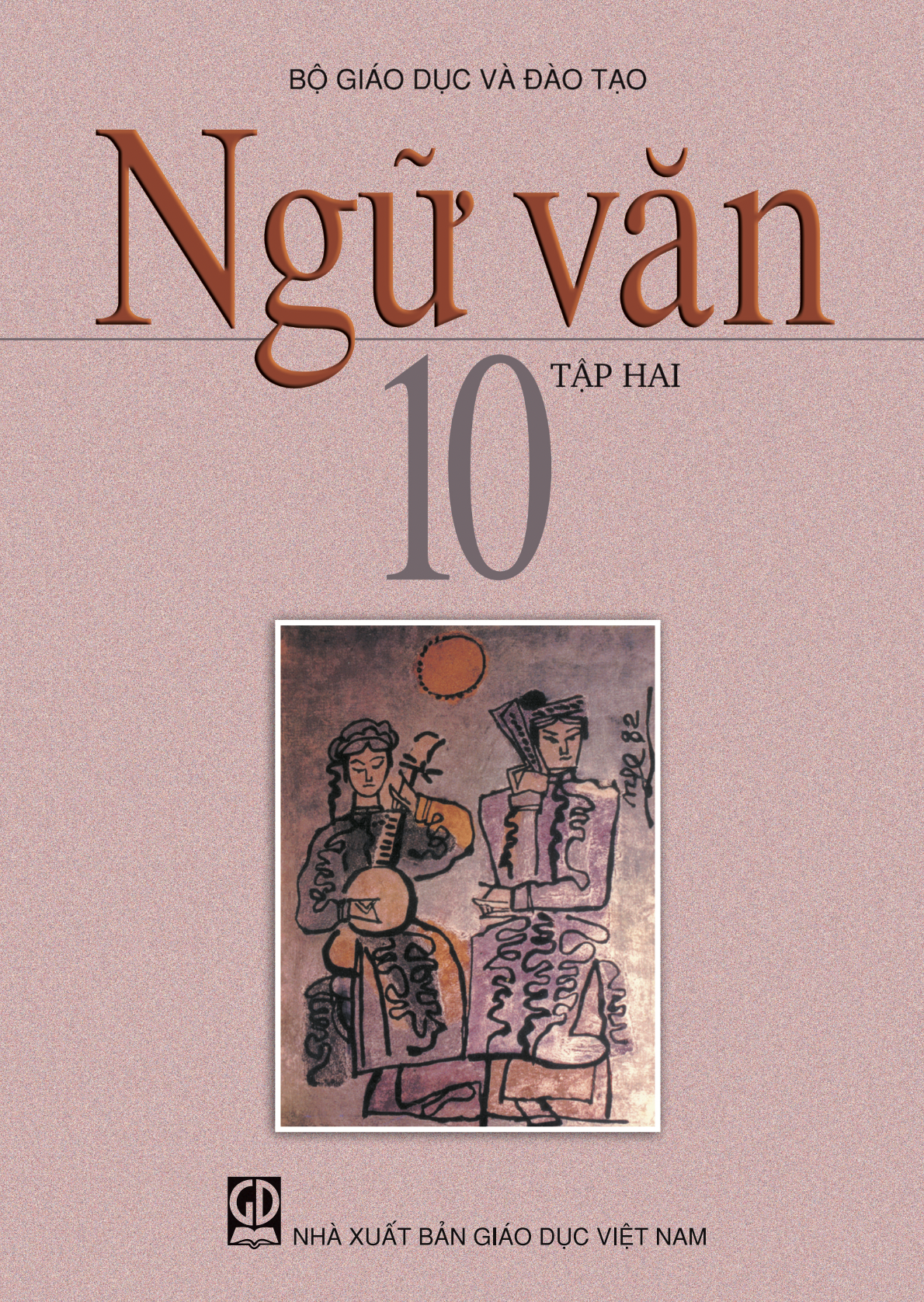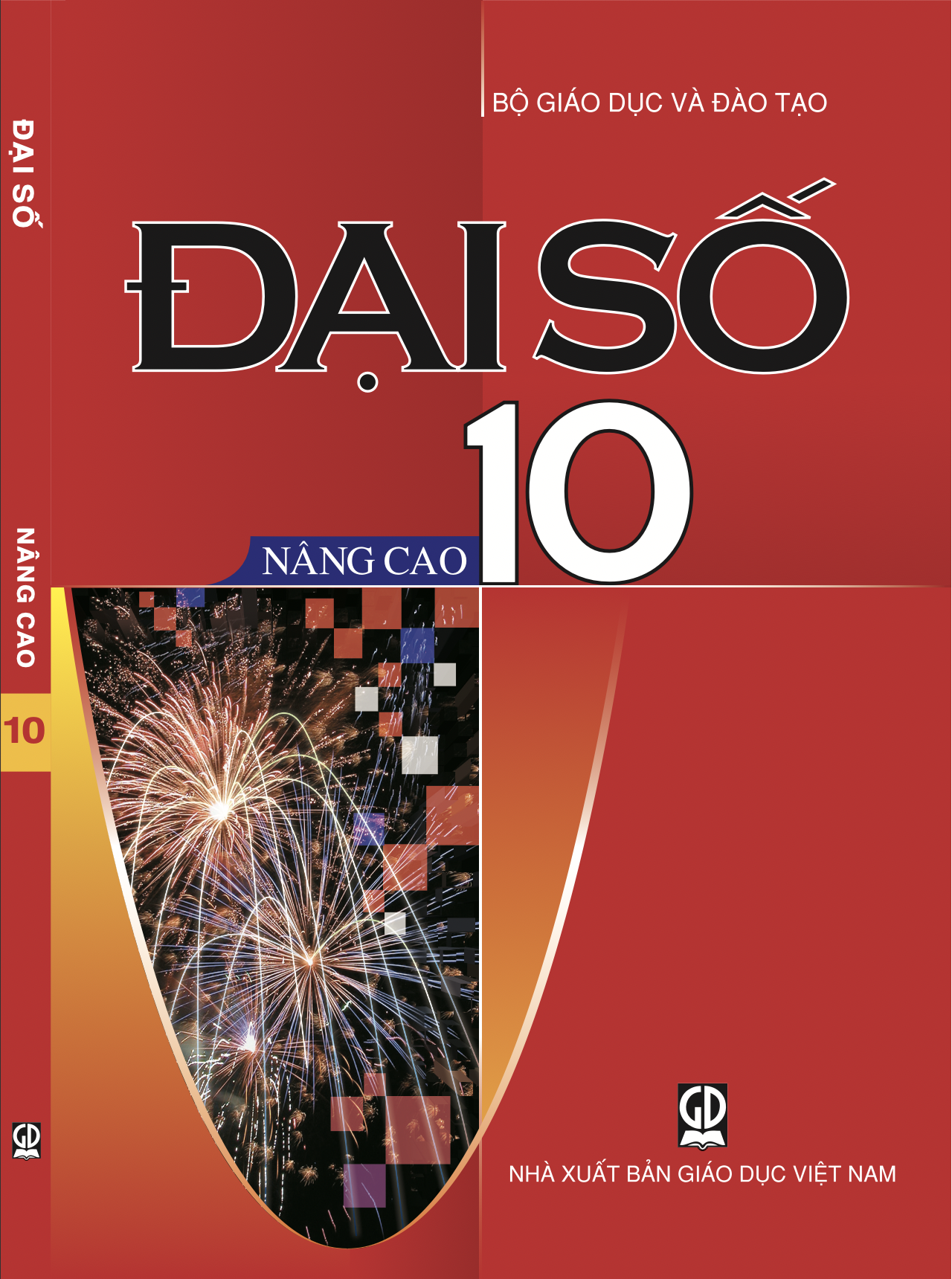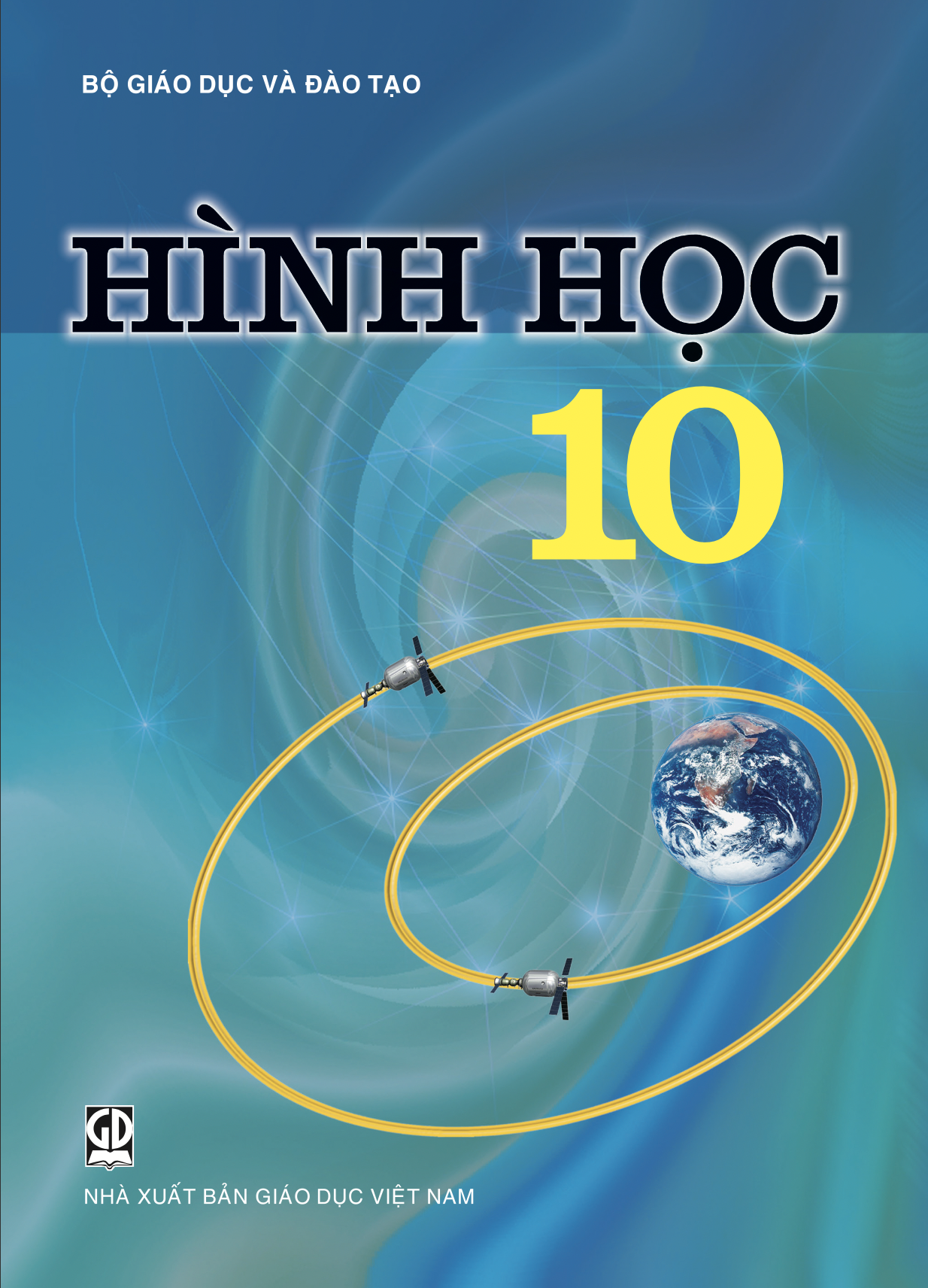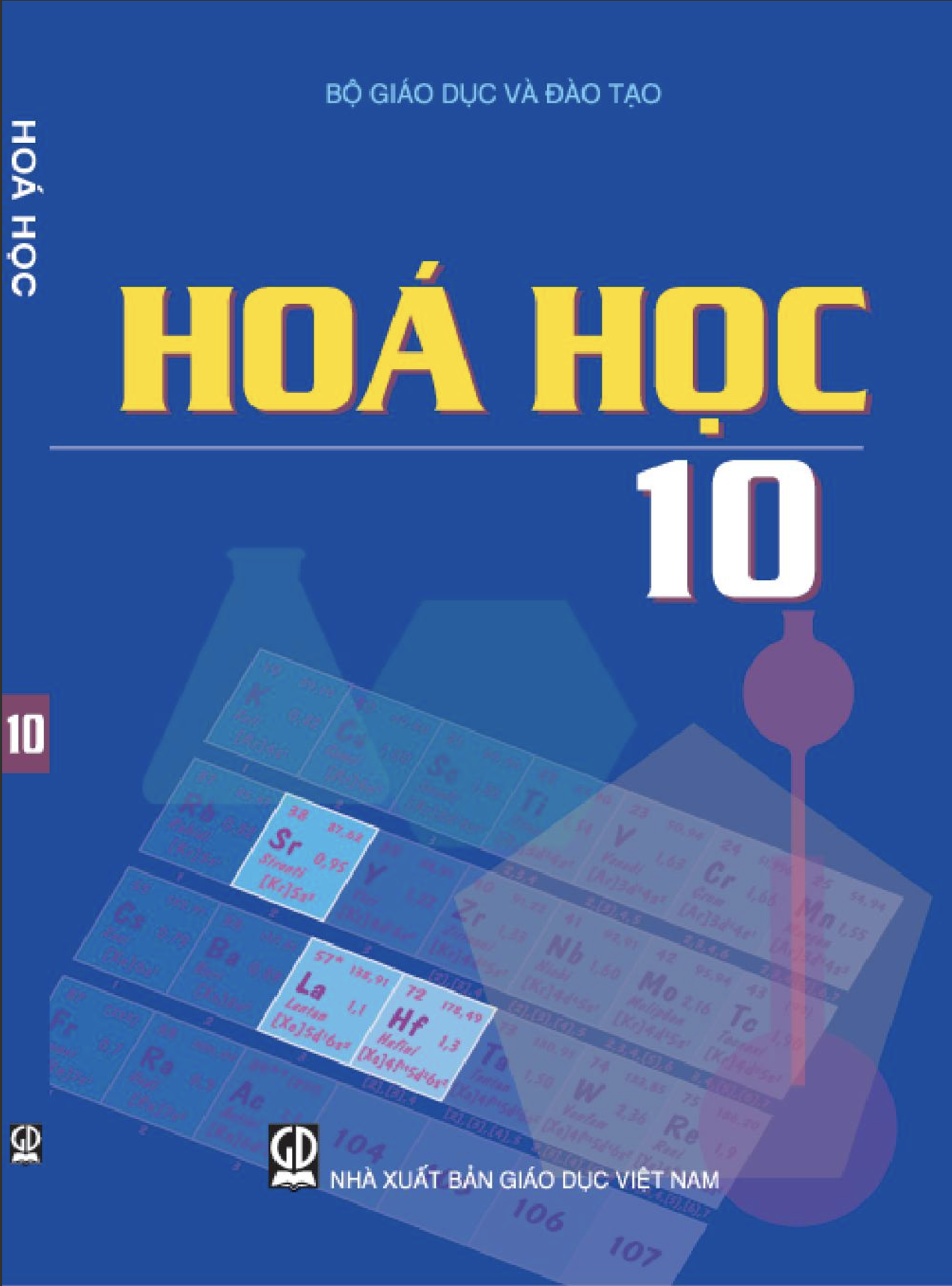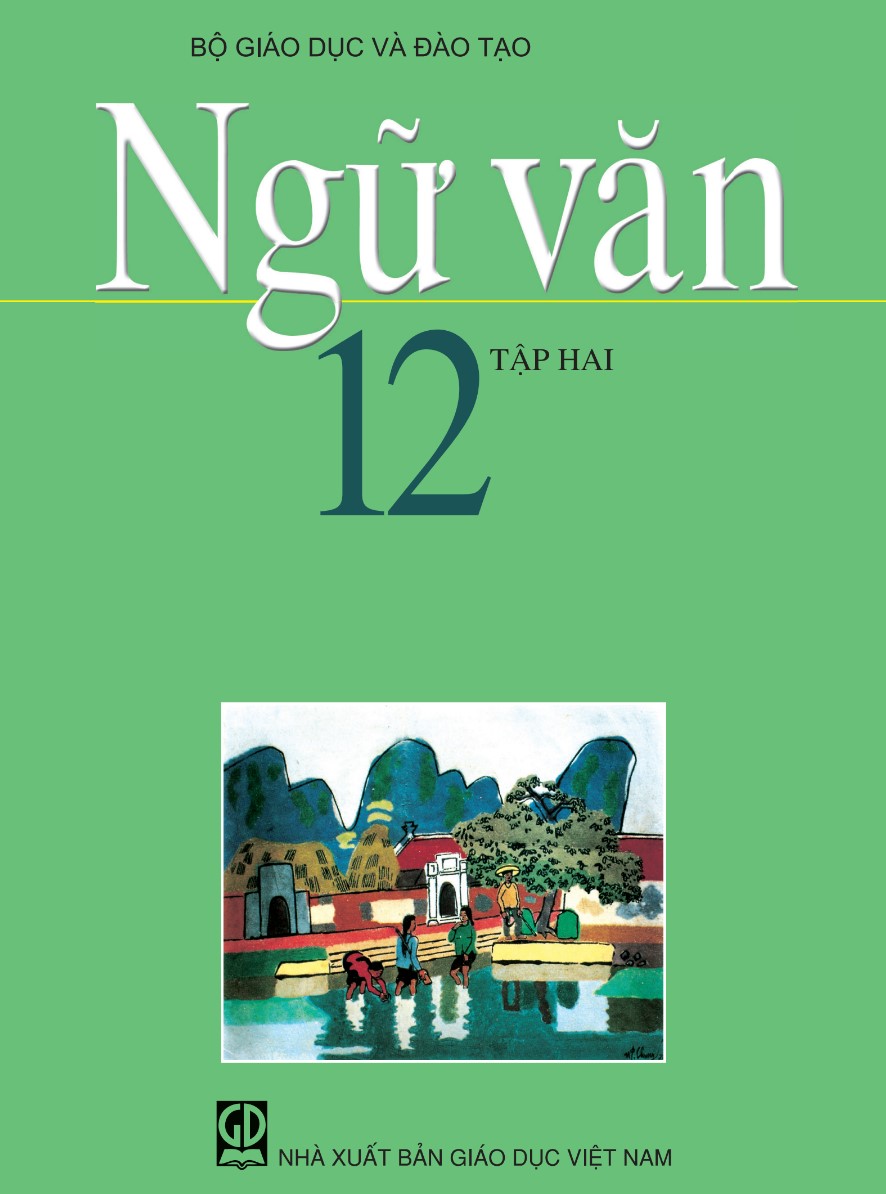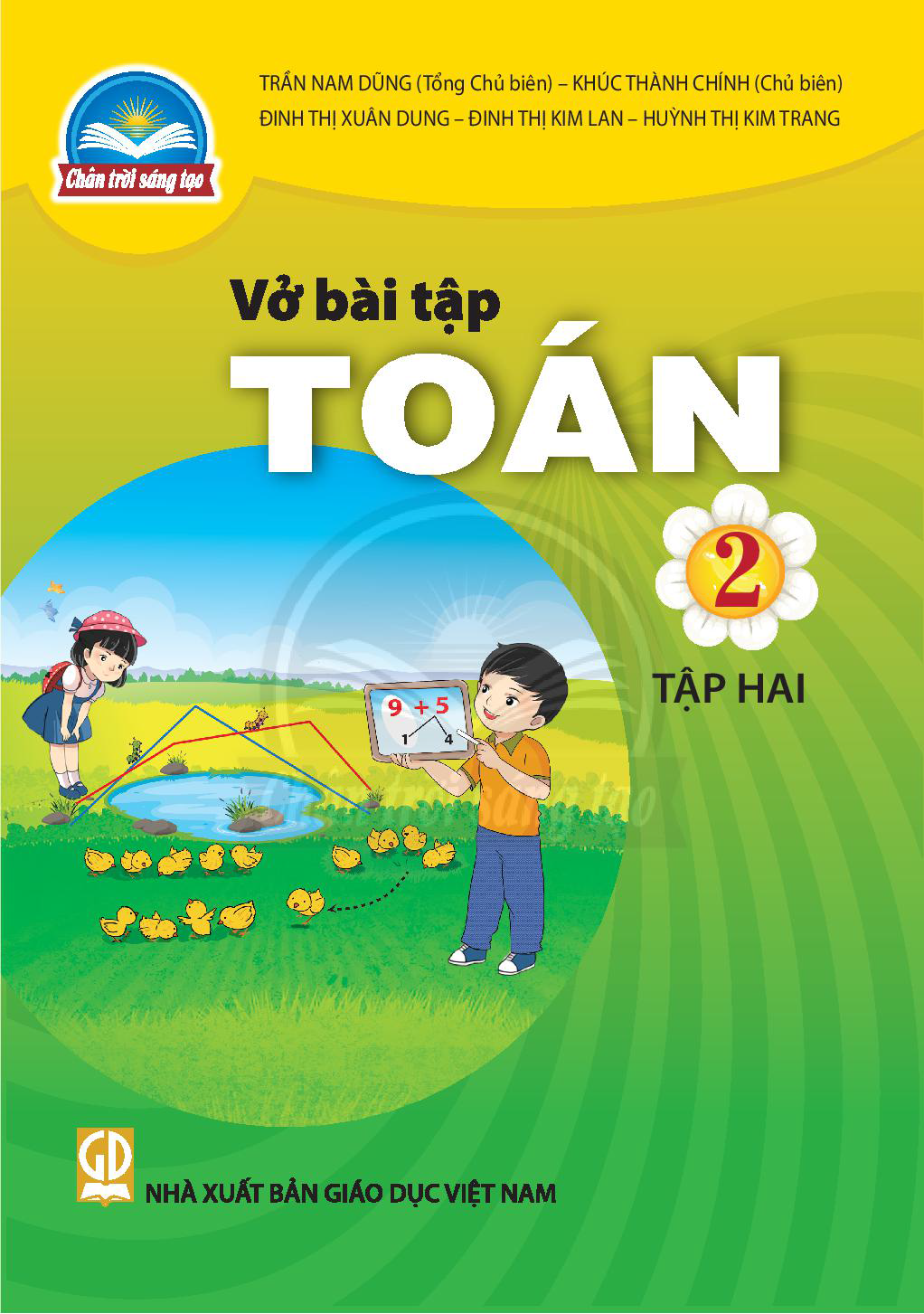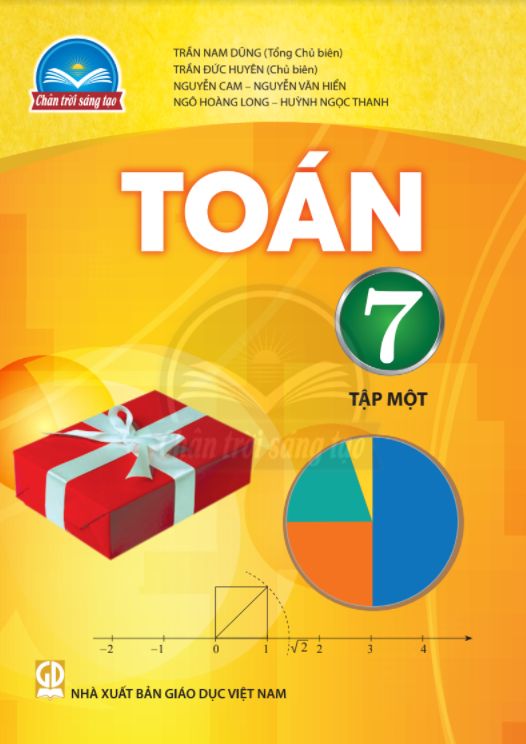(Page 109)
Past simple (affirmative)
1.1 The affirmative form of the past simple is the same for all persons, singular and plural (I, you, he, we, etc.).
I watched a football match last night.
She watched TV. They watched a DVD.
1.2 Spelling: past simple (affirmative) form of regular verbs
We form the past simple (affirmative) form of regular verbs by adding -ed.
+-ed: work → worked play → played
If the verb ends in -e, we add -d.
+ -d: dance → danced die → died
If the verb ends in a consonant + -y, we change the -y to -i and add -ed.
-y → ied: study → studied cry → cried
If the verb ends in a short accented vowel + a consonant, we double the consonant and add -ed.
-p → -pped: drop → dropped
-n → -nned: plan → planned
-t → -tted: chat → chatted
1.3 Some verbs have irregular past simple (affirmative) forms. There are no spelling rules for these forms; you need to learn them by heart. See the list in the Workbook.
1.4 Past simple affirmative of be
The verb be has two past simple affirmative forms: was and were.
| I | was | sad |
| you | were | |
| he / she / it | was | |
| we | were | |
| you | ||
| they |
1.5 We use the past simple:
• for a completed action or event at a definite point in the past.
We played volleyball last Saturday.
• for actions or events that happened one after another.
Joanna got up, had a shower, got dressed and left the house.
Past simple (negative and interrogative)
1.6 In negative sentences and questions, we use did / didn't + the infinitive without to (NOT the past simple form) for regular and irregular verbs. The forms are the same for all persons, singular and plural (I, you, he, we, etc.).
| Negative | Questions |
| I didn't watch. | Did you watch? |
| He / She / It didn't watch. | Did he / she / it watch? |
| We / You / They didn't watch. | Did we / you / they watch? |
| Short form and full form | Short answers |
| didn't = did not | Yes, I did. / No, I didn't. |
1.7 We don't use did and didn’t for the past simple negative and questions forms of be or can.
| Negative | Questions and short answers |
| I / He / She / It wasn't happy. | Was I / he / she / it happy? Yes, I was. / No, she wasn’t. |
| We / You / They weren't happy. | Were we / you / they happy? Yes, we were. / No, they weren’t. |
The forms of could are the same for all persons, singular and plural (I, he, we, they, etc.).
| Negative | Questions and short answers |
| I / He / She / It / We / You / They couldn’t see. | Could I / he / she / it / we / you / they see? Yes, I / he / we could. / No, she / you / they couldn’t |
Question words
1.8 Examples of question words:
where who what which why when how
what time how often how much / many
how long / wide / tall
When a Wh- question includes a preposition, the preposition usually goes at the end.
Where are you from?
Who did you talk to?
What are you waiting for?
